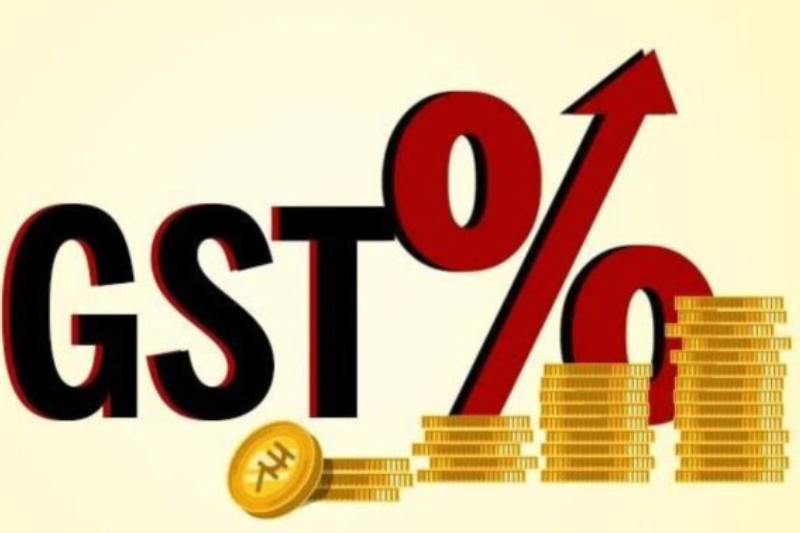GST is an indirect tax used in India for the supply of goods and services. It is a comprehensive, multistage and destination-based tax.
The ‘One nation one tax’ system is the main motto of GST, but its effect on various industries is slightly different. The basic difference is based on whether the industry is a manufacturer, distributor, and retailer or service provider. Click Out – https://economictimes.indiatimes.com/industry/services/advertising/is-gst-a-boon-or-a-bane/articleshow/59002320.cms
Manufacturers, Distributors, Retailers, and The Impact Of GST
- Competitiveness a performance of India’s manufacturing sector has increased.
- The decline in exports and increasing infrastructure expenditure are the main drawbacks of this sector.
- Administrative costs of manufacturers and distributors have increased due to multiple indirect taxes.
- Upon the entry of GST, the compliance burden has reduced which will bring about a strong growth.
- Previously industries that were not in the tax bracket, will now have to register. This will lead to less tax evasion.
GST And Its Impact On Service Providers
- Only the top 50 companies pay more than 50%of the tax collected nationwide.
- The brunt of taxes is borne by the service industries like IT services, telecommunication services, the insurance industry, business support services, banking, and financial services, etc
- These businesses across India already work in a unified model and will see the burden of compliance becoming lesser.
- The only drawback is that they will have to register each place of business in each state separately.
Impact Analysis-Sector wise
- Logistics- Being the backbone of the country, a well organized and mature logistics industry has the potential to catapult the “Make In India” initiative to its desired position.
- E-commerce-Growing leaps and bounds, GST will help in its continued growth, but the long -term effects will have an interesting effect because GST law proposes a TCS(Tax Collection at Source) mechanism, which the e-com companies are not happy about.
- Pharma-The pharma and healthcare industries are benefited from GST. It will boost medical tourism, equalize the field for generic drug makers and simplify the tax structure. The pharma sector is hoping for a tax respite as it will pave the way for making healthcare affordable by all
- Telecommunications- After GST, a dive in telecom prices is anticipated. Manufacturers will save costs through efficient inventory management and consolidated warehouses. Setting up state-specific entities and transferring stocks will enable handset manufacturers to sell their products fast thereby saving up on the logistics cost.
- Textile- Being the employment provider to a large number of skilled and unskilled labor, GST is predicted to increase annual export. But it will affect the cotton value chain which is the choice of many small-medium enterprises as it previously attracted zero central excise duty.
- Real Estate-Being the most pivotal sectors of the Indian economy, the effect of GST on this sector is unclear as it is based mainly on tax rates. Substantial benefits are predicted as GST has brought in the much-needed transparency and accountability to this industry.
- Agriculture- Largest contributing sector of the Overall Indian GDP. The main problem faced by the agriculture sector is the transportation of goods across state borders in the country. GST will resolve this issue of transportation.





